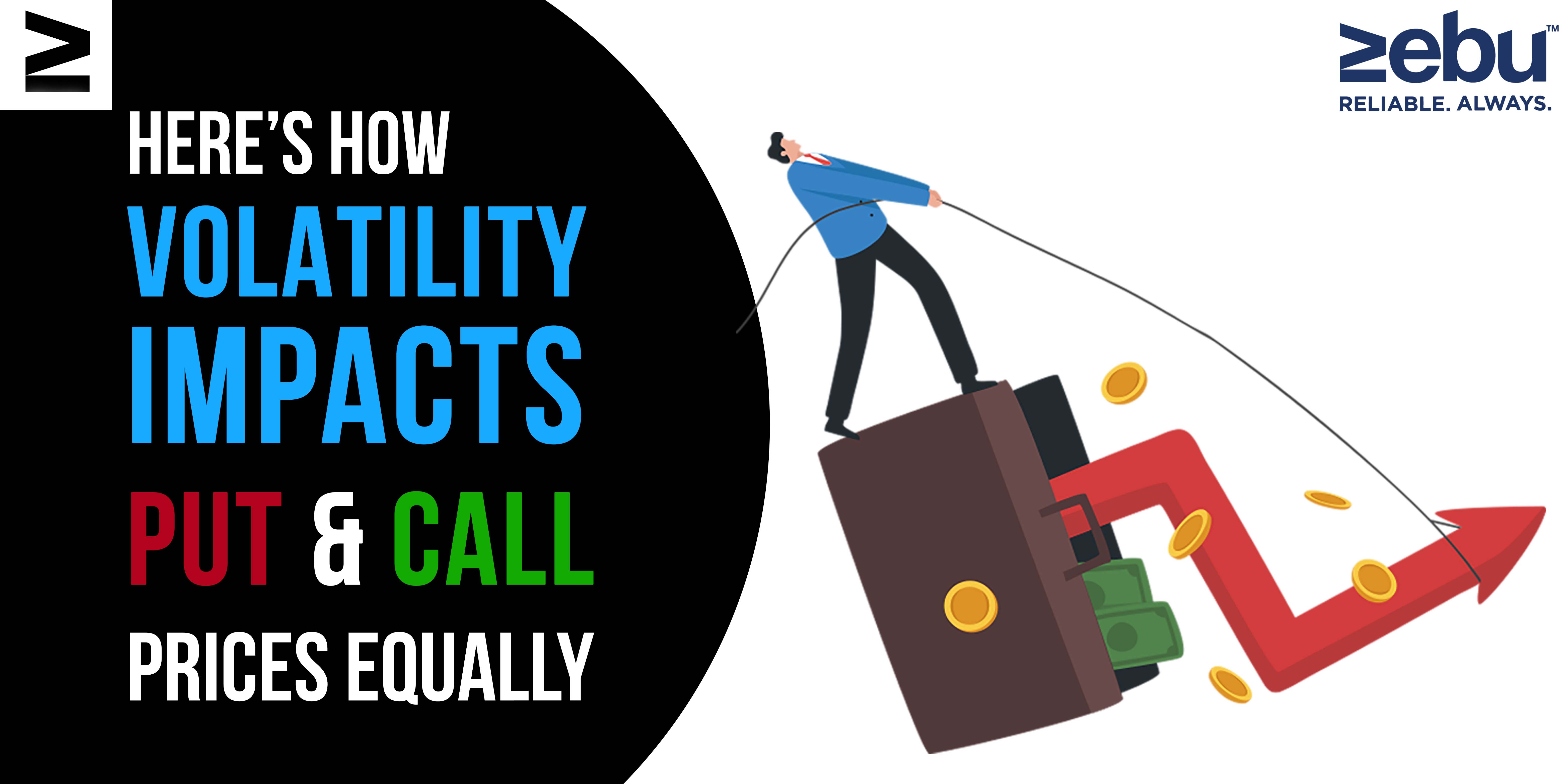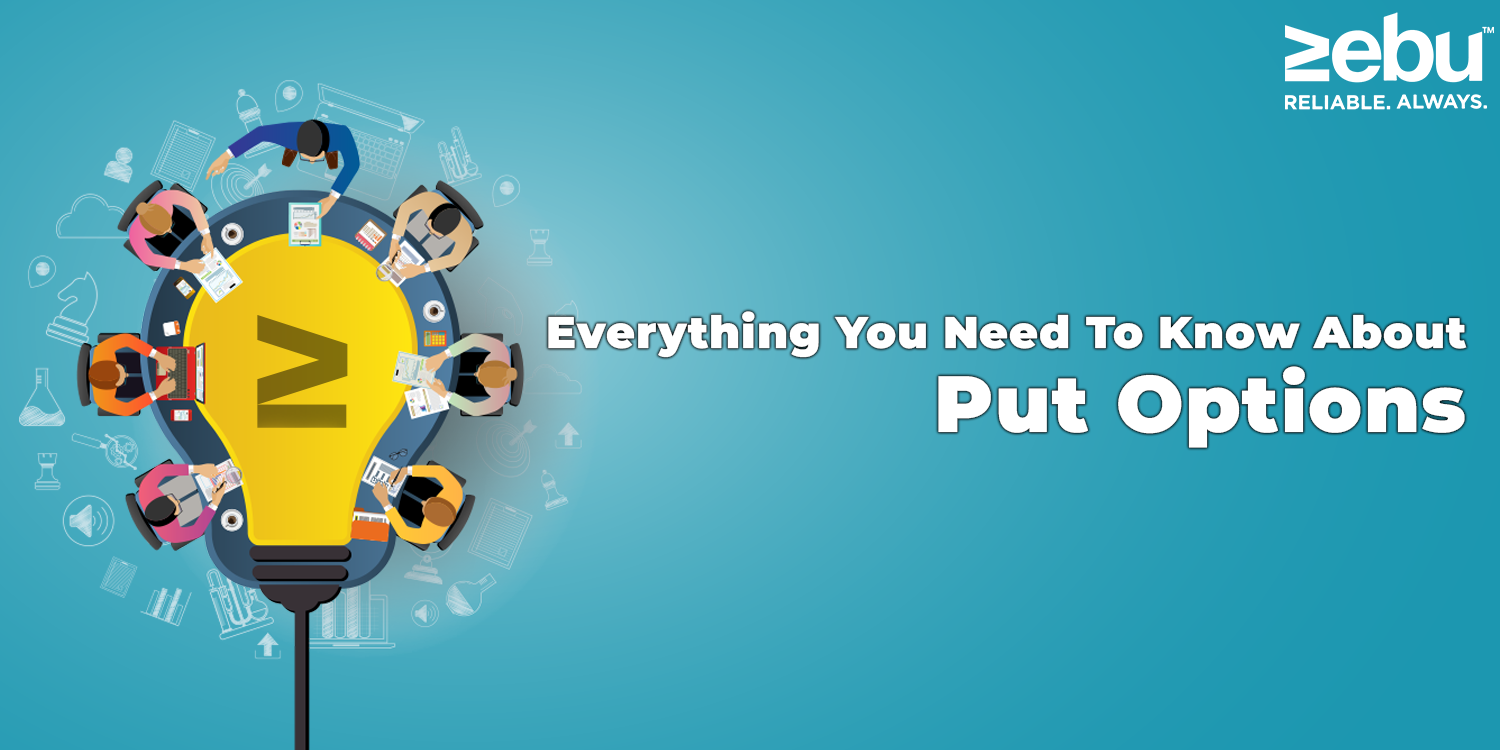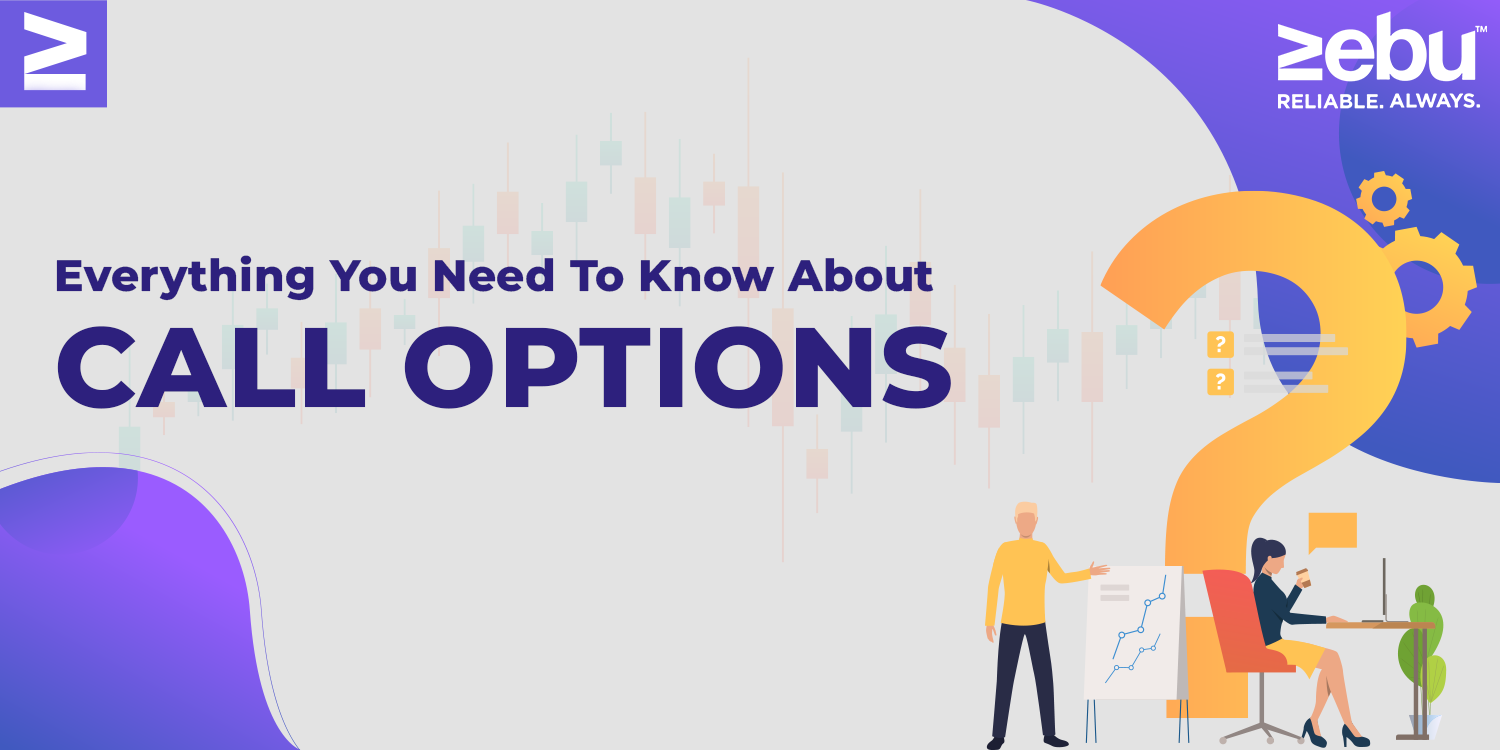
What does it mean to say that something is volatile? Volatility, in simple terms, is a way to measure risk. But in technical terms, what does volatility mean? It can be thought of as the average difference between returns and the mean. Every investor wants a way to put their money to work that will give them predictable returns over time. When returns are too unstable, they can’t be predicted. At that point, the asset is worth less than it did before. Investors usually don’t like stocks that are too volatile, and those stocks tend to be worth less. But did you know that when it comes to options, it’s the other way around? In fact, volatility makes both call options and put options worth more.
As we all know the market is volatile, but your platform does not have to be. Zebu, one of India’s top brokerage firms provides our users with a seamless online trading platform that can help them create the best trading accounts.
Usually, volatility and the prices of assets go in opposite directions. The risk is higher when the volatility is high, and when the risk is high, the returns are lower than expected. Investors are always willing to pay more for stability than for risk. But things are very different when it comes to call and put options. When the market gets more volatile, both call and put options are worth more. So, let’s figure out why volatility makes the price of options go up. Let’s also look at the relationship between how volatile an option is and how much it costs. How does this affect the implied volatility between a call and a put?
First, let’s look at what it means for call options.
Volatility means that the stock’s returns are likely to be very different from the mean. It also means that there is too much uncertainty in this situation. But why does that make the put option worth more money? Let’s start by looking at the basic Black-Scholes model.
According to the Black Scholes model, the price of an option is affected by 5 main factors:
Market Price of the Stock: When the stock price goes up, the value of the call option goes up, but the value of the put option goes down.
Strike Price of the Stock: When the strike price goes up, the value of a call option goes down, but the value of a put option goes up.
Interest rates: When interest rates go up, the present value of the strike price goes down. This makes the call option more valuable and the put option less valuable.
The value of a call option and a put option goes down if the time until maturity or expiration goes down.
The value of both the call option and the put option increases when the stock’s volatility increases.
As you can see from the points above, volatility is the only thing that affects both call and put options in the same way. The time to expiration is the same, but it is a subset of volatility because a longer time to expiration makes people expect more volatility. But why does volatility have the same effect on calls and puts?
It’s not hard to figure out why. Both calls and puts on an option are not the same. This means that the person who bought the option will only use it when it is good and will not pay the premium when the price goes down. This rule is true for both call and put options. The risk of going up or down is high when volatility is high. When there is a risk of going down, the person who bought the call option won’t pay the premium. When there is a chance of going up, the person who bought the call option will make a lot of money. Put options are also subject to the same rule. This is why call options and put options are worth more when the market is volatile.
This shows that the value of the call option and the put option goes up when volatility increases, as long as all other factors stay the same.
Zebu, one of India’s top brokerage firms provides our users with a seamless online trading platform that can help them create the best trading accounts. Visit us for more information.

